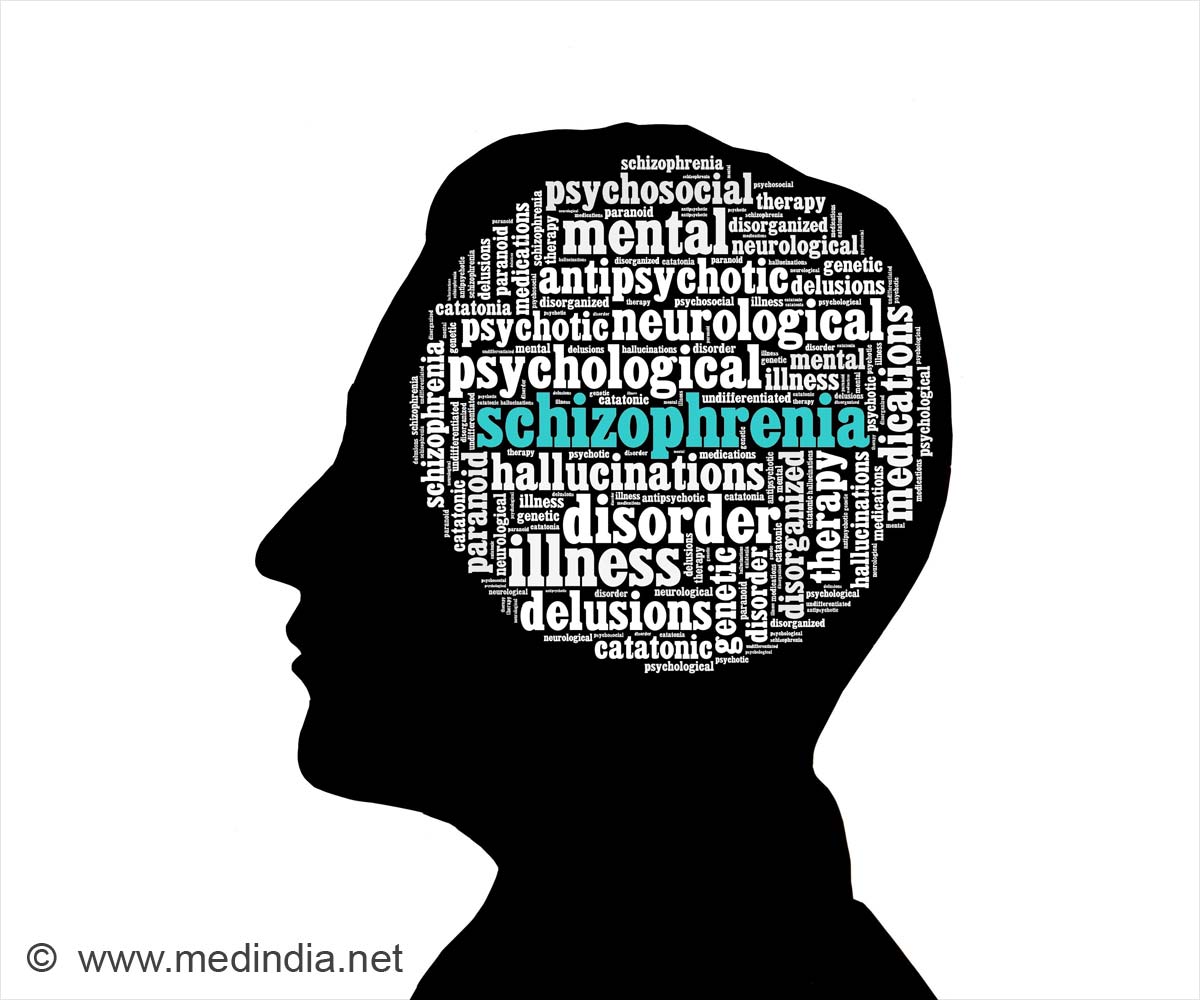Is lower cognitive functioning linked to early death in schizophrenia? Yes, it plays a significant role, along with smoking and other risk factors.

- Lower cognitive functioning in schizophrenia is linked to a higher risk of early death
- Smoking, obesity, and autoimmune disorders further increase this risk
- Improving cognitive health could reduce the risk of natural cause mortality in schizophrenia
Risk Factors for Natural Cause Mortality in Schizophrenia
Go to source).
That’s right. It’s not just about keeping the hallucinations or delusions in check– brain power may be a hidden factor in your overall health and longevity if you live with schizophrenia.
Improving cognitive function in people with schizophrenia could help them live longer. Brainpower isn't just about thinking- it's about staying healthy! #mentalhealth #schizophrenia #medindia’
Link Between Brain Function and Early Mortality in Schizophrenia
Schizophrenia is already associated with premature death, mostly due to natural causes like heart disease, respiratory issues, or autoimmune disorders. The question many experts have been grappling with is: What are the underlying reasons for this early mortality?A team of researchers from Charles University and Motol University Hospital in the Czech Republic set out to find the answer. They discovered that lower cognitive functioning– things like memory, attention, and problem-solving skills– is a significant risk factor for early death in people with schizophrenia.
The study involved over 844 people with schizophrenia, evaluating their brain function and other health factors over more than 23 years. They measured cognitive function using a tool called the Repeatable Battery for the Assessment of Neuropsychological Status (RBANS), and followed participants to see who passed away from natural causes during the study period.
Why Does Cognitive Functioning Matter So Much?
We often think of physical health as being disconnected from mental abilities, but this study proves that they are closely linked. The researchers found that people with lower cognitive functioning were more likely to die early from natural causes like heart disease or respiratory conditions.But that’s not all. The study also found that people with schizophrenia who smoked, were obese, had autoimmune diseases, or were divorced or separated were at an even higher risk. It turns out, when you combine these factors with low brain function, the risk of early mortality multiplies.
It might sound scary, but there’s a silver lining: improving cognitive function could be a key factor in reducing this risk.
Usual Suspects: Other Risk Factors for Early Death
Of course, low cognitive function wasn’t the only villain in this story. Other major risk factors included:- Smoking: If you are a smoker with schizophrenia, your risk of dying early goes up substantially. The study found that smokers were 2.26 times more likely to pass away from natural causes.
- Obesity: Carrying extra weight can lead to heart problems, and when combined with cognitive decline, it becomes even more dangerous.
- Autoimmune Disorders: People with schizophrenia and autoimmune disorders were nearly 3 times more likely to face early mortality.
- Divorced or Separated: Being socially isolated or separated from a partner also increased the risk by 1.8 times.
Why Improving Brain Health Could Save Lives Now that we know cognitive function plays such a significant role, what can be done? Improving cognitive functioning in people with schizophrenia might not only boost their quality of life but could also reduce their risk of early death. Cognitive therapies, brain-training exercises, and medications that target cognitive decline could all be explored as part of the solution.
There’s a lot of potential here, and it’s clear that brain health should be a priority in managing schizophrenia. Whether it is learning new skills, engaging in brain games, or exploring medications that support cognitive function, every little bit could help extend life expectancy.
To reduce the risk of early death, a multi-pronged approach should be taken. This means addressing the smoking, obesity, and medical conditions that are often seen in schizophrenia patients, while also paying close attention to cognitive functioning.
Families, caregivers, and healthcare providers should be aware of the risks and work together to monitor and improve both mental and physical health. Cognitive interventions could include therapy, brain exercises, and even medications aimed at preserving cognitive function.
Schizophrenia is tough, but with the right tools and interventions, we can improve the lives and life expectancy of those living with it.
Reference:
- Risk Factors for Natural Cause Mortality in Schizophrenia - (https://jamanetwork.com/journals/jamanetworkopen/fullarticle/2823323)
Source-Medindia














